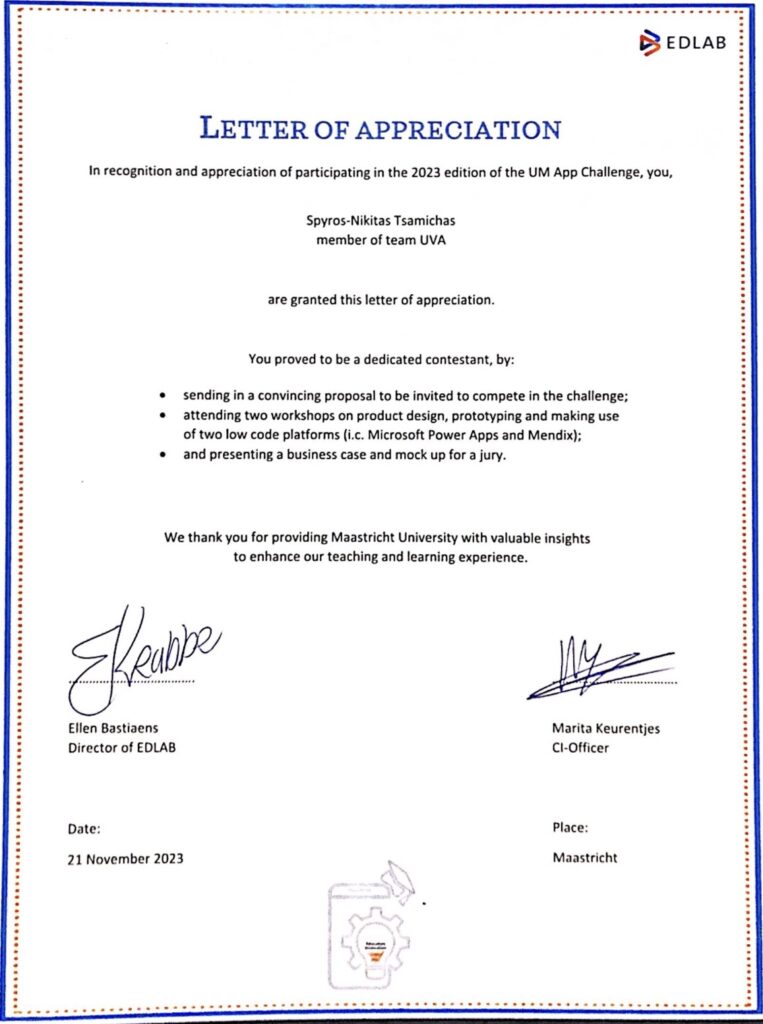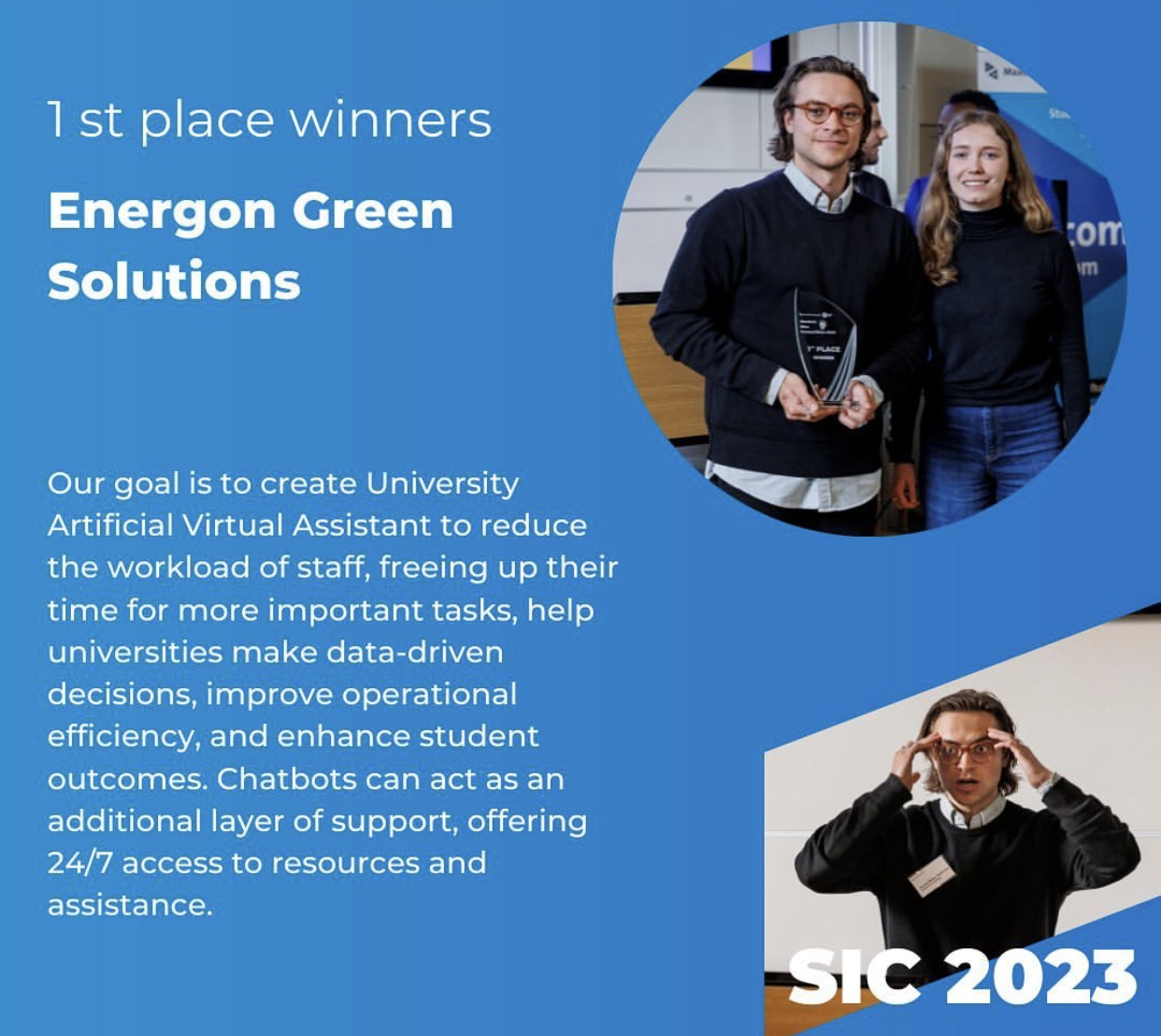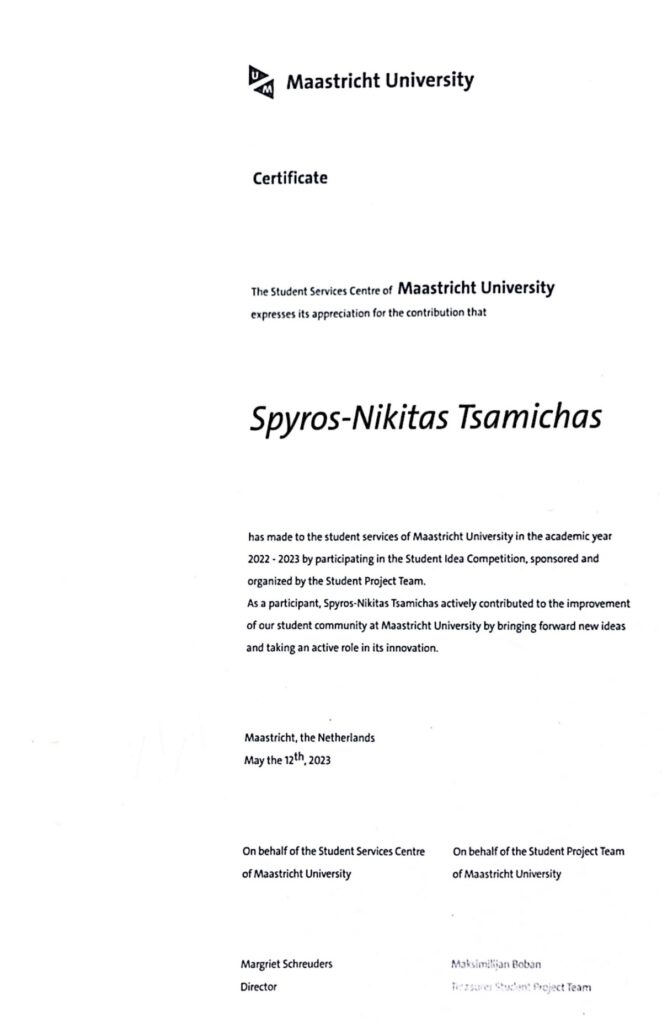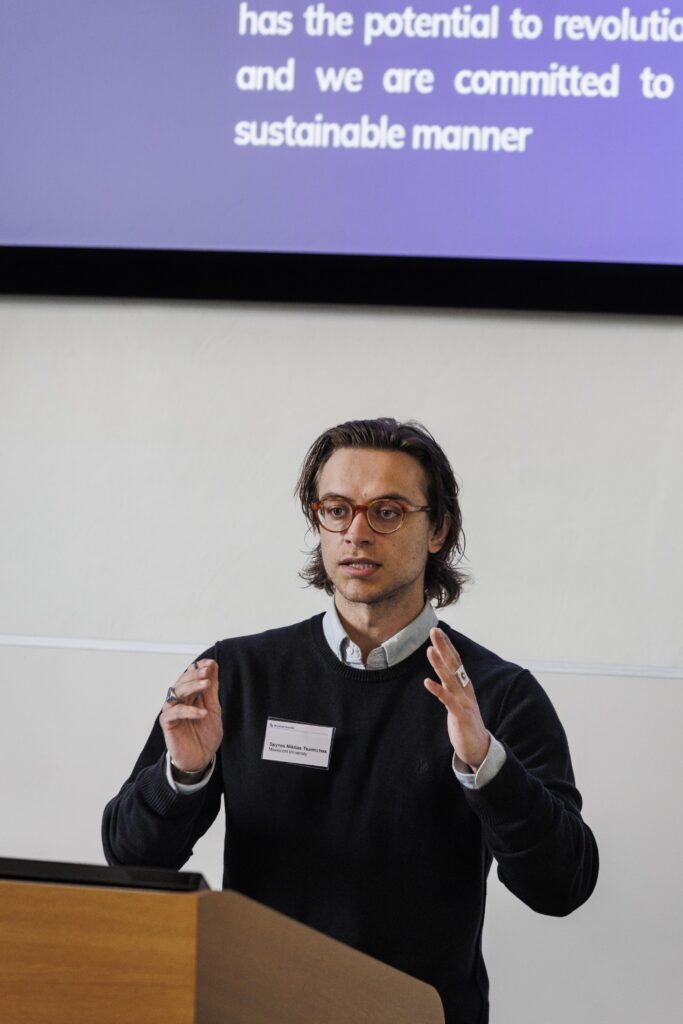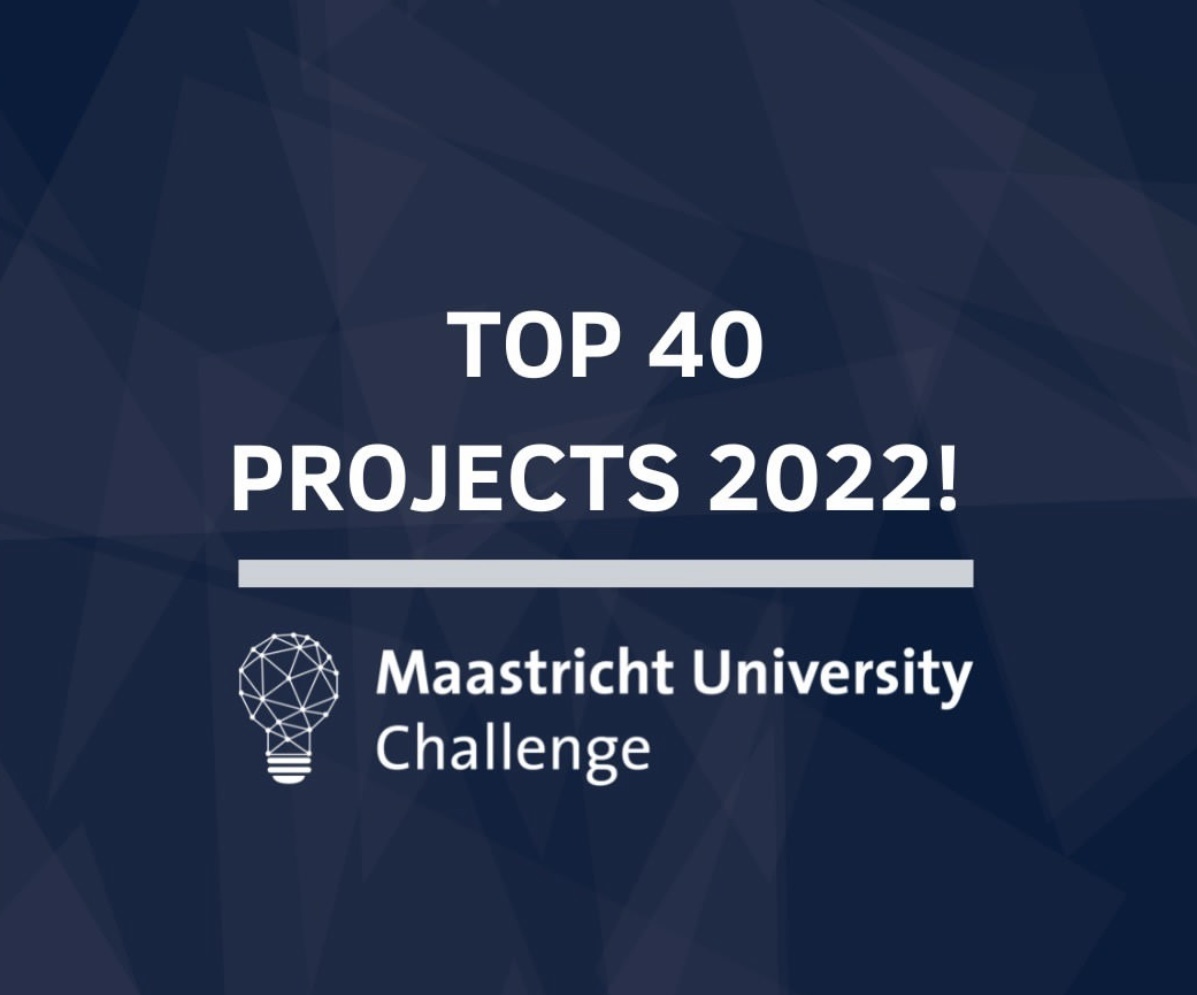The European Union (EU) is at the forefront of the green revolution, leading the way in the production of biogas and biomethane, which will play a key role in the continent’s energy transition. In the battle against the urgent need for decarbonization, biomethane offers a sustainable and flexible solution of the same quality as natural gas, in line with Europe’s ambivalent climate targets. This bio-based energy source encapsulates the essence of the circular economy, turning organic waste into energy, while strengthening the EU’s commitment to a sustainable, self-sufficient, and secure energy future.
Biogas and biomethane production are based on anaerobic digestion of organic materials, where, in the absence of oxygen, bacteria break down organic matter, releasing gases consisting mainly of methane and carbon dioxide. The biomethane is further refined to almost 100% methane, providing a renewable energy source for heating, electricity, and a cleaner alternative to transportation fuels. As the continent’s largest producer, Germany sets an example, holding two-thirds of Europe’s biogas capacity, with Denmark and the Netherlands following.
This shift to clean energy is not only about environmental management but also about energy security and geopolitical stability. By producing biomethane, Europe is reducing its dependence on external energy suppliers. The storability and stable production rate of biomethane complement intermittent renewable energy sources such as solar and wind energy, thus playing a crucial role in balancing the energy mix.
The EU’s commitment to a sustainable future is evident in the REPowerEU plan, which underlines the need to scale up biomethane production to meet renewable energy demand by 2030 and meet climate targets by 2050. The ambitious target of the plan is for the EU to produce 35 billion cubic meters of biomethane per year by 2030, which means that an investment of €83 billion is needed. The International Energy Agency states that methane emissions can be almost halved immediately through wider adoption of practices already required in many countries, such as replacing valves and pumps with more efficient versions.
Similarly, the Biomethane Industry Partnership (BIP), launched in September 2022, is a collaborative effort between the EU Commission, Member States, industry experts, and other stakeholders joining forces to meet and exceed the 2030 biomethane production target. This partnership also encourages the use of waste and residues for biomethane production, avoiding food and feedstocks that could cause land use changes.
With a clear vision, the EU is strengthening its legislative and financial framework to support this green transition. The revised Renewable Energy Direc6ve expands the role of biomethane across all sectors and the Commission’s recommendations aim to fast-track renewable energy projects, including ini6a6ves on biogas and biomethane. In addition, the Waste Framework Direc6ve (2008/98/EC) stipulates that by 2024 EU countries should separately collect organic waste, creating a golden opportunity to boost sustainable biomethane production and create new income streams in agriculture.




